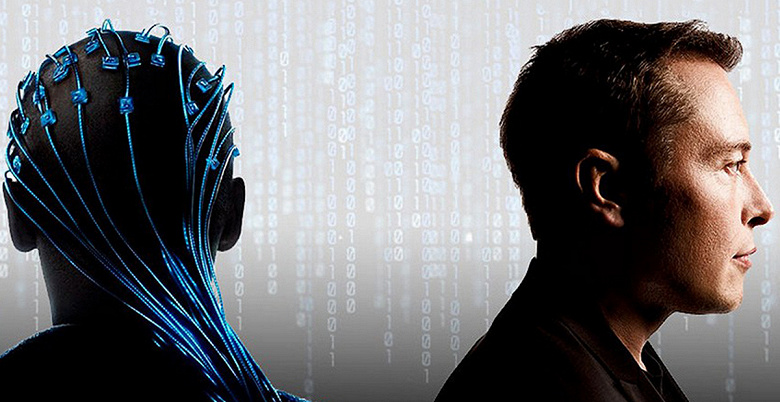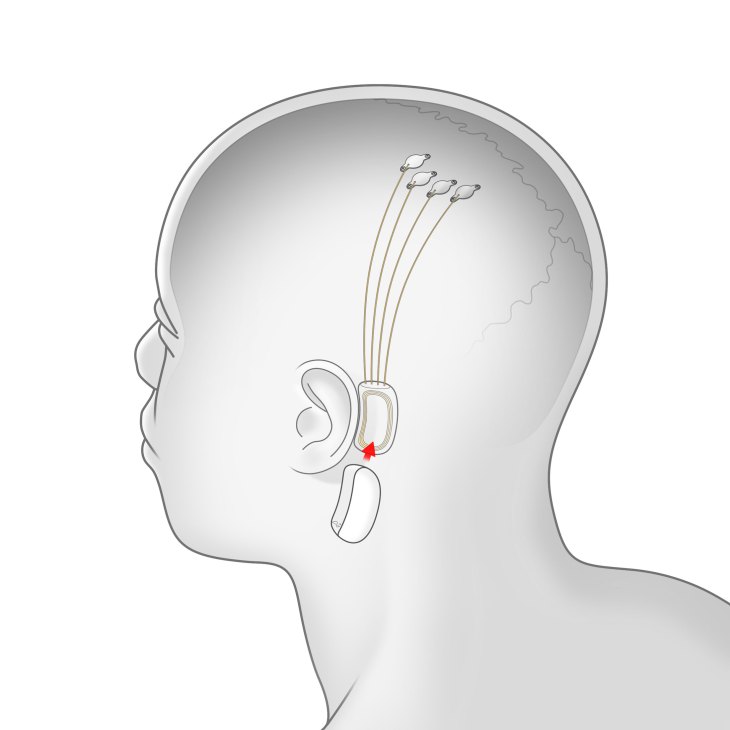
Three years ago Elon Musk created another company called Neuralink. And it is engaged in no less ambitious tasks than other enterprises of the billionaire.
Neuralink develops technologies to directly connect the human brain to a computer. Last year, we were exposed to a number of technological details, and today Musk announced that Neuralink will hold its first demonstration on Friday. True, Moscow time will be already 1:00 Saturday.
Continue reading Neuralink company will show its technology in a couple of days

 Neuralink, the Elon Musk-led startup that the multi-entrepreneur founded in 2017, is working on technology that’s based around ‘threads’ which it says can be implanted in human brains with much less potential impact to the surrounding brain tissue vs. what’s currently used for today’s brain-computer interfaces. “Most people don’t realize, we can solve that with a chip,” Musk said to kick off Neuralink’s event, talking about some of the brain disorders and issues the company hopes to solve.
Neuralink, the Elon Musk-led startup that the multi-entrepreneur founded in 2017, is working on technology that’s based around ‘threads’ which it says can be implanted in human brains with much less potential impact to the surrounding brain tissue vs. what’s currently used for today’s brain-computer interfaces. “Most people don’t realize, we can solve that with a chip,” Musk said to kick off Neuralink’s event, talking about some of the brain disorders and issues the company hopes to solve. During a panel discussion on transhumanism at this year’s MWC, one expert predicted AI could figure out how to make a human live forever.
During a panel discussion on transhumanism at this year’s MWC, one expert predicted AI could figure out how to make a human live forever.

 DARPA shows it’s not just about
DARPA shows it’s not just about 

